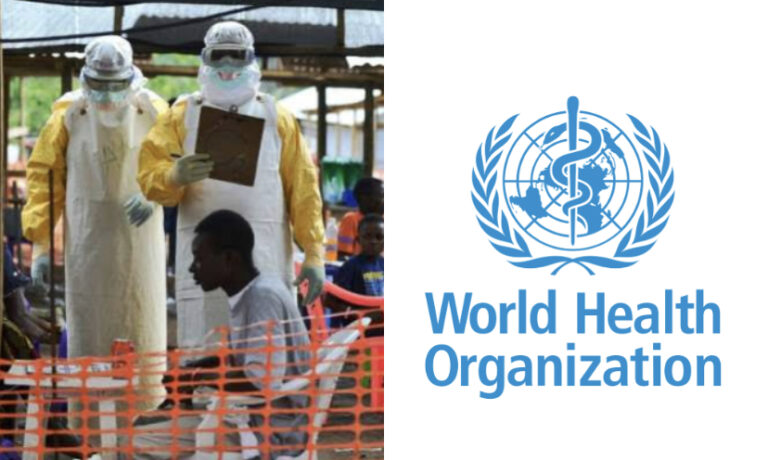

EKO HOT BLOG reports that the World Health Organisation (WHO) has recommended two medicines for the treatment of Ebola virus disease, following successes in clinical trials.
This includes older persons, pregnant and breastfeeding women, children, and newborns whose mothers were confirmed to have Ebola within the first seven days after birth.
The clinical trials were conducted during Ebola outbreaks.
WHO said the largest trial was carried out in the Democratic Republic of the Congo, demonstrating that the highest level of scientific rigour can be applied even during Ebola outbreaks in difficult contexts.
The UN agency also provided recommendations regarding therapeutics that should not be used as treatments, which include ZMapp and remdesivir.
The new guidance, published simultaneously in English and French, will support healthcare providers caring for Ebola patients and policymakers involved in outbreak preparedness and response.
The clinical trials were conducted during Ebola outbreaks.
WHO said the largest trial was carried out in the Democratic Republic of the Congo, demonstrating that the highest level of scientific rigour can be applied even during Ebola outbreaks in difficult contexts.
The UN agency also provided recommendations regarding therapeutics that should not be used as treatments, which include ZMapp and remdesivir.
The new guidance, published simultaneously in English and French, will support healthcare providers caring for Ebola patients and policymakers involved in outbreak preparedness and response.
It complements clinical care guidance that outlines the optimised supportive care that Ebola patients should receive – from the relevant tests to administer to managing pain, nutrition and co-infections, and other approaches that put patients on the best path to recovery.
“This therapeutic guide is a critical tool to fight Ebola,” said Dr Richard Kojan, co-chair of the expert group selected by WHO to develop the guidelines, and president of ALIMA, The Alliance for International Medical Action.
“As with other infectious diseases, timeliness is key, and people should not hesitate to consult health workers as quickly as possible to ensure they receive the best care possible.”
Fellow co-chair Robert Fowler from the University of Toronto in Canada noted that Ebola used to be perceived as “a near certain killer,” but advances in care and therapeutics over the past decade have revolutionised the treatment of the disease.
“Provision of best supportive medical care to patients, combined with monoclonal antibody treatment – MAb114 or REGN-EB3 – now leads to recovery for the vast majority of people,” he added.
As access to these treatments remains challenging, especially in poor areas, WHO said they should be available where they are most needed, namely in locations where active Ebola outbreaks are occurring or where the threat of an outbreak is high or very likely.
“We have seen incredible advances in both the quality and safety of clinical care during Ebola outbreaks,” said Janet Diaz, lead of the clinical management unit in WHO’s Health Emergencies programme.” (NAN)
Click Here To Watch Our Video Of The Week
Experts warn that stroke is no longer just an elderly disease, with cases increasing among…
Heathrow Airport closed due to major power outage from nearby fire. Thousands of homes lost…
Netanyahu fires Shin Bet chief Ronen Bar over failure to foresee Hamas' Oct 7 attack.…